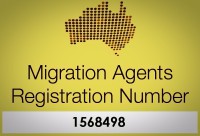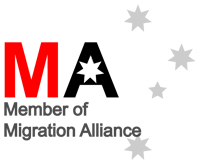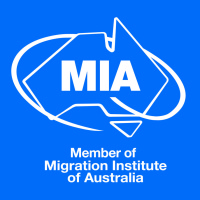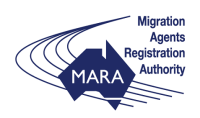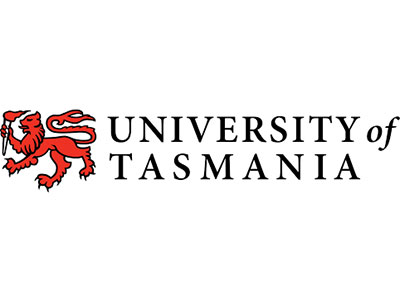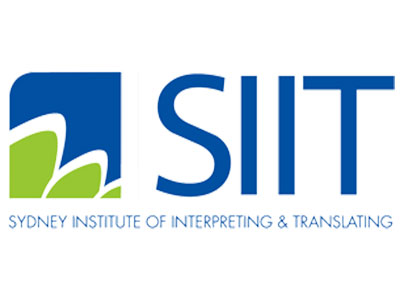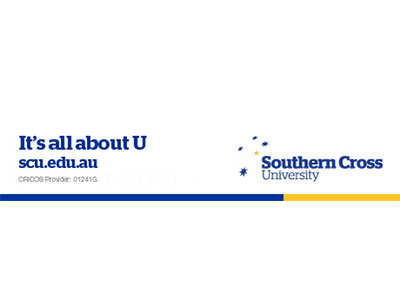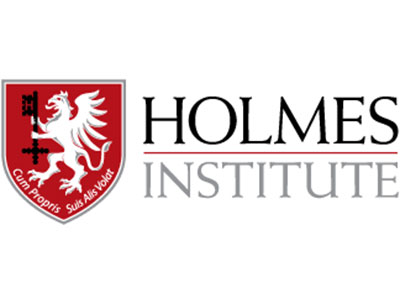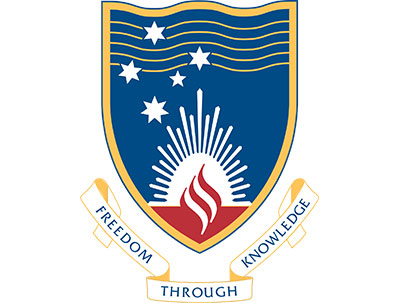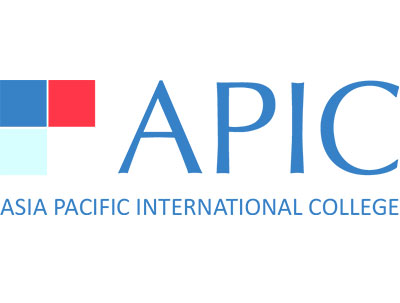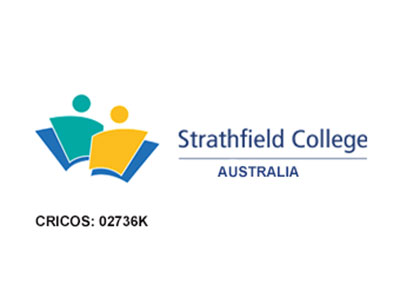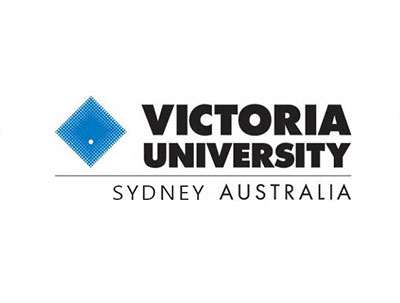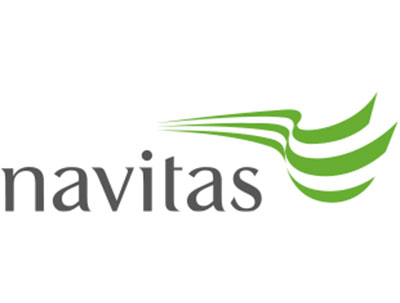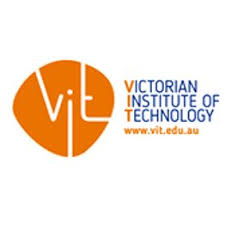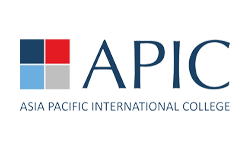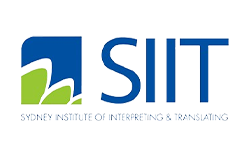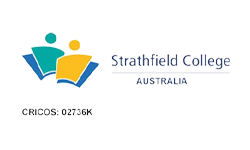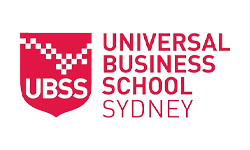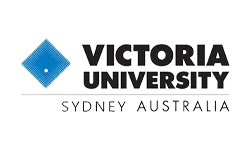
Essential Work Experience: The foundation of eligibility for the Subclass 186 visa lies in your relevant work experience. Before you can be nominated for this visa, your employer must have sponsored you to work full-time on either a subclass 457 or subclass 482 visa for a specific duration. If you held a subclass 457 visa on April 18, 2017, slightly different criteria apply. In this case, your employer must have sponsored you to work full-time for a minimum number of years before nominating you for the Subclass 186 visa.
The Impact of COVID-19: The passage acknowledges the unique circumstances brought about by the COVID-19 pandemic. If you were temporarily stood down, took unpaid leave, or experienced reduced working hours due to pandemic-related restrictions, these periods can still be considered as part of your overall work experience. However, your employer must provide evidence of your situation to confirm that your employment was not terminated.
Sponsorship and Business Changes: For your transition to permanent residency through the Subclass 186 visa, your employer’s sponsorship plays a crucial role. To be eligible, your employer must have sponsored you for a specific duration on your temporary work visa. Moreover, if the business ownership of your sponsoring employer has changed in the past three years, you may still be able to count the time you worked for the previous business towards your eligibility.
Nominator Eligibility and Timely Application: The employer nominating you for the Subclass 186 visa must be an actively operating and lawful business in Australia. Additionally, you need to apply for the visa within six months of your nomination being approved. It’s important to ensure that your nominator meets the eligibility criteria to avoid any potential setbacks.
Factors Affecting Visa Grant: Several factors can impact the grant of your Subclass 186 visa. If adverse information surfaces about your nominator or any associated individual, it might affect your visa application unless reasonable grounds exist to disregard such information. Furthermore, if the nomination is withdrawn or the position is no longer available, your visa application could be affected. In cases where a new nomination arises, it might be necessary to withdraw your initial visa application and reapply based on the new nomination.
Refund of Visa Application Charge: The circumstances surrounding your visa application could determine whether you are eligible for a refund of the visa application charge. It’s important to understand these circumstances and how they might apply to your situation.
Securing a Subclass 186 visa offers skilled workers the opportunity to transition from temporary work to permanent residency in Australia. By carefully considering the requirements mentioned in the passage, understanding the impact of COVID-19, and ensuring your employer’s eligibility for nomination, you can embark on a successful journey towards permanent residency. Remember, each case is unique, so seeking professional advice and guidance can greatly enhance your chances of a successful application process.






